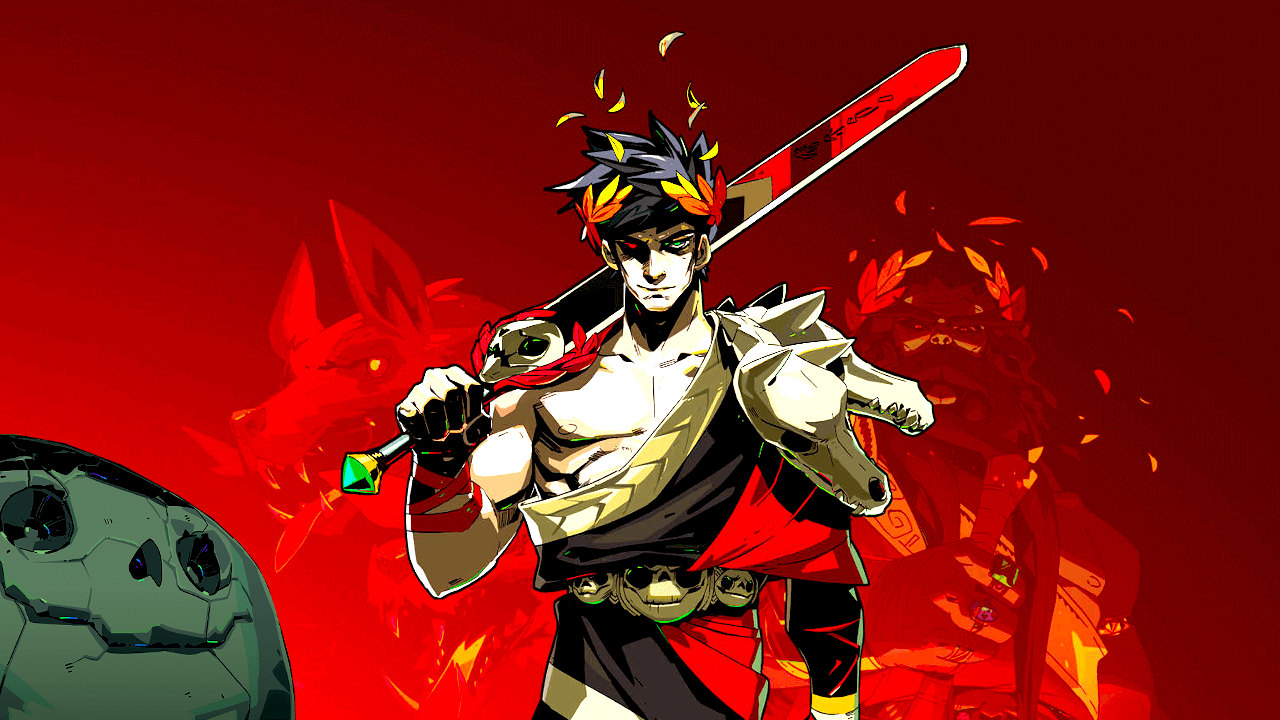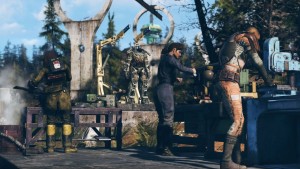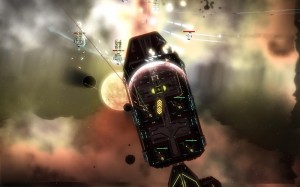Supergiant Games has a history of setting standards in the world of indie development. Despite maintaining a relatively small team for years, they’ve created some of the most impactful titles each including top-tier design, voice, and music. Hades is the culmination of ten years of this level of quality work, but it’s more than just another notch in their belt. They took the roguelite subgenre, one that has been inundated by a flood of games, and made it something fans and critics alike can appreciate. They did it in a way that seems simple but actually involves several elements coming together to make it work.
I’ve been burnt out on roguelite games for a while now. My interest in indie games has me venturing into quite a few new titles and I’ve noticed many are adopting the roguelite design. It can be extremely useful in extending a short game and keeping a small developer from needing to create massive environments. The use of processes like procedural generations and enemy scaling can add variety without adding years to the development process. Often, the difficulty has to be fairly high to make sure players don’t complete the game in the relatively short overall run time. While this has a history of being embraced, it can also be repetitive and frustrating.
The first way that Hades improves on this formula is by having a rich story and character interaction throughout the game. The numerous characters with professional-quality voice acting conveying it also adds to the experience. Having the story spread throughout the entire run though makes it even easier for players to embrace it. Instead of just getting a dose of narrative at the start of a run and seeing little more until the very end, bosses, boons, and random characters all contribute to the story in unique ways as you progress. There are plenty of RPGs that feature strong writing and well-developed characters, but how it is conveyed can mean the difference between something ignored and something worthy of praise.
The gameplay of Hades is about as good as an ARPG can get. Featuring half a dozen weapons with four aspects each and numerous ways to change and improve your abilities, it checks all of the boxes. However, the reason the gameplay is great to experience because it’s approachable. Even early on, you can make tangible progress into the game. It didn’t take me many runs at all to make it to the final boss – even though the time involved was considerable compared to other roguelites. However, even failed runs feel rewarding with the process of permanent upgrades, cosmetic additions to the sanctum, and unlocked conversations.
The sheer quality of the production within Hades is one reason it’s easy to pick up, play, and continue to play for ridiculous amounts of time. Yet, the reasons it wins over players who normally don’t enjoy roguelites is more than quality. It’s a design principle that I believe future roguelite games can learn from and implement to make each more enjoyable. When people feel like they’ve accomplished at least something even when they haven’t achieved the overarching goal, it keeps them playing. The longer they play, the more likely they are to accomplish those main goals.
This principle is something we’ve seen in multiplayer games for a while now. When you unlock something, even a cosmetic, in a game like a Battle Royale, it feels like you did something right even when you’re knocked out early. It keeps you coming back with the knowledge that you’ll be rewarded, and through repetition, you get better. Hades is a roguelite that gives you the motivation to continue beyond simply going all the way to victory. That’s what separates it from the sea of comparable roguelite games.




